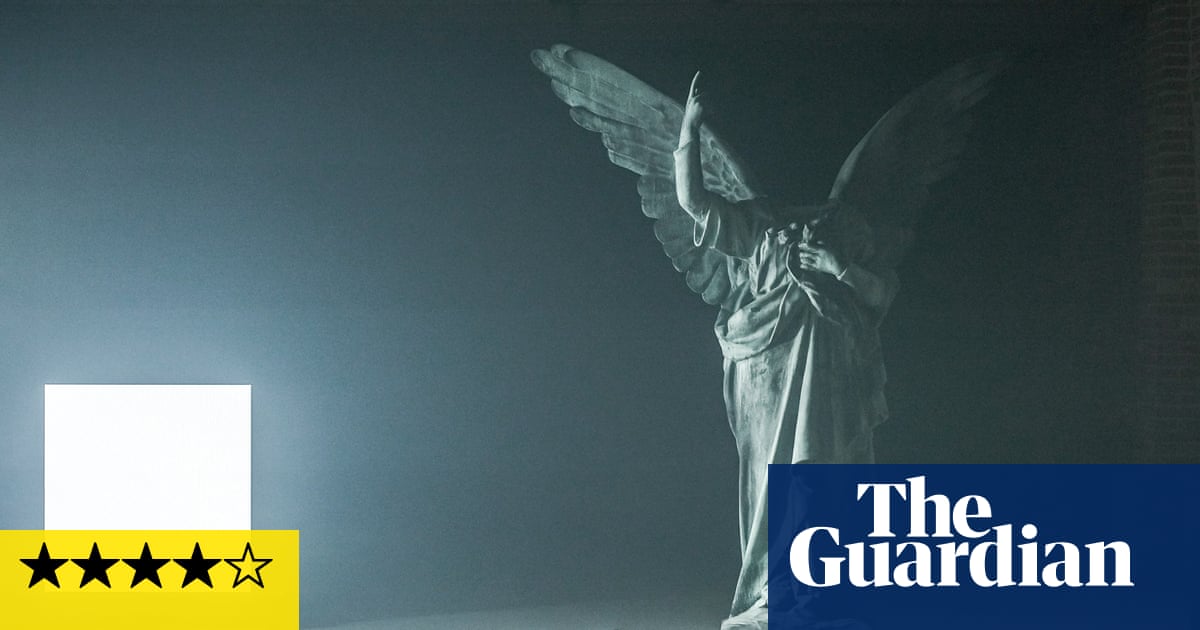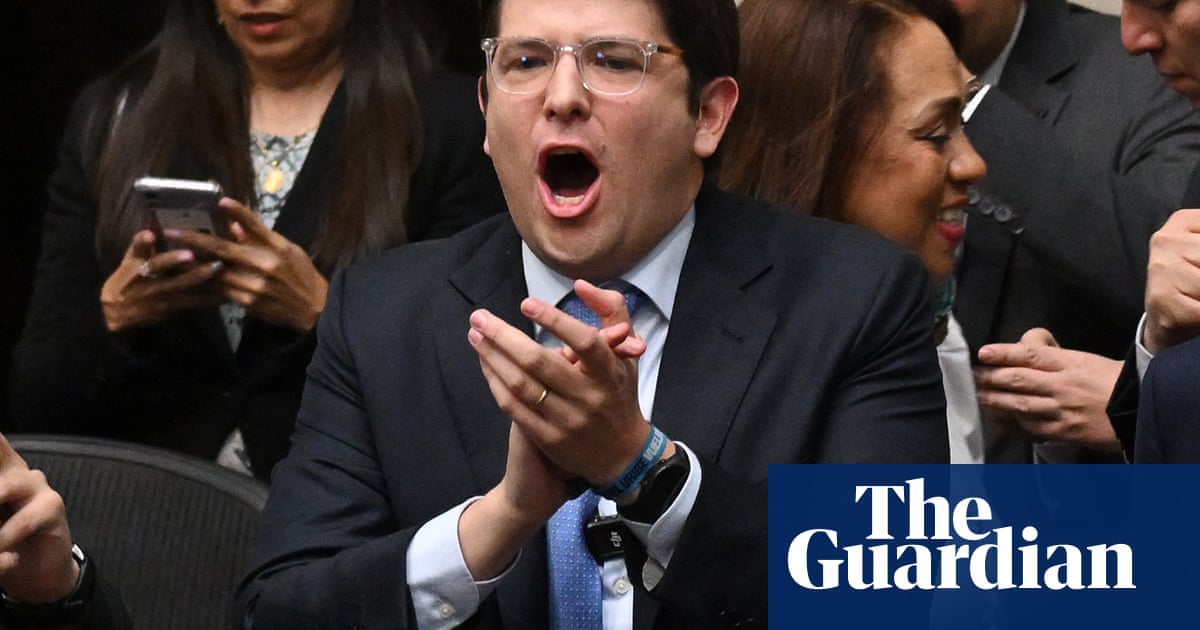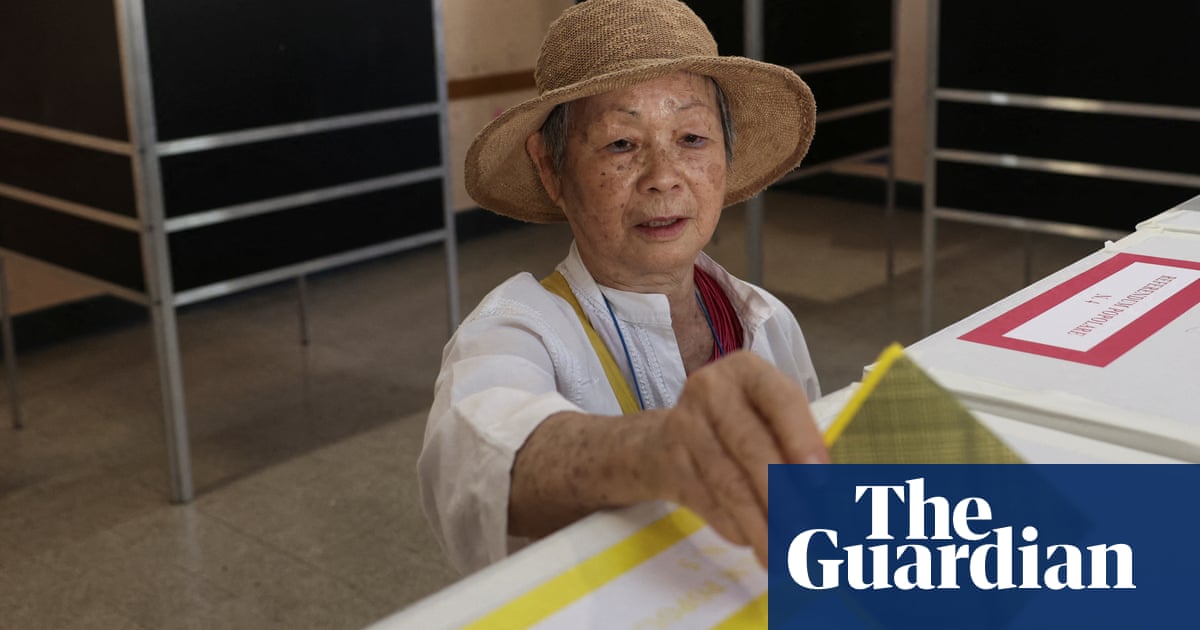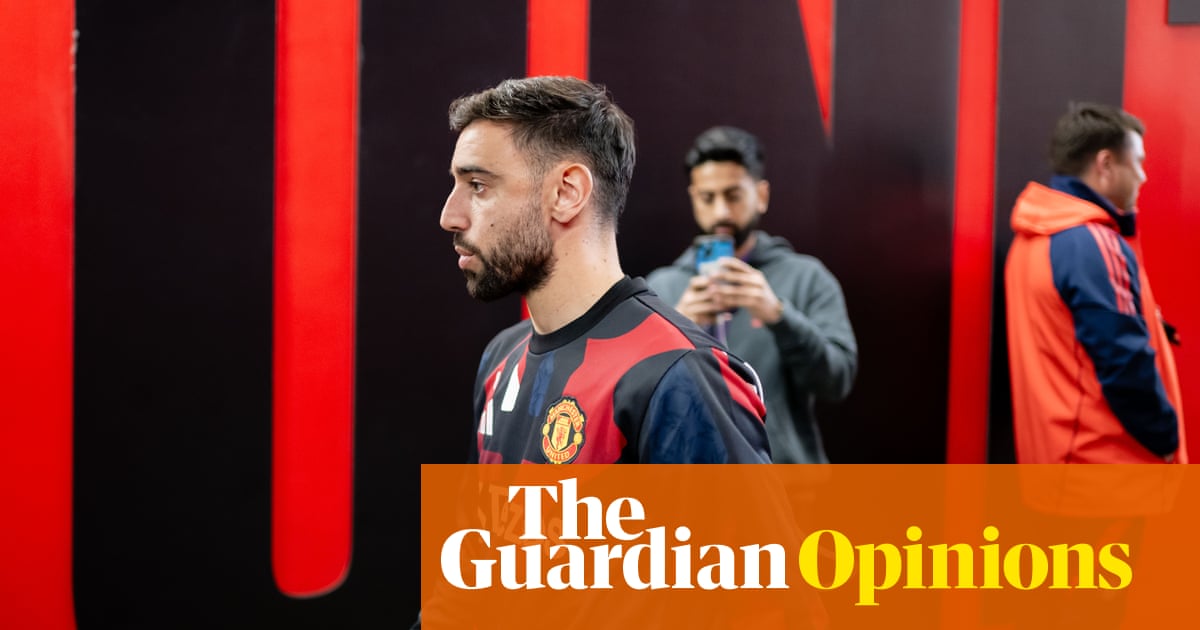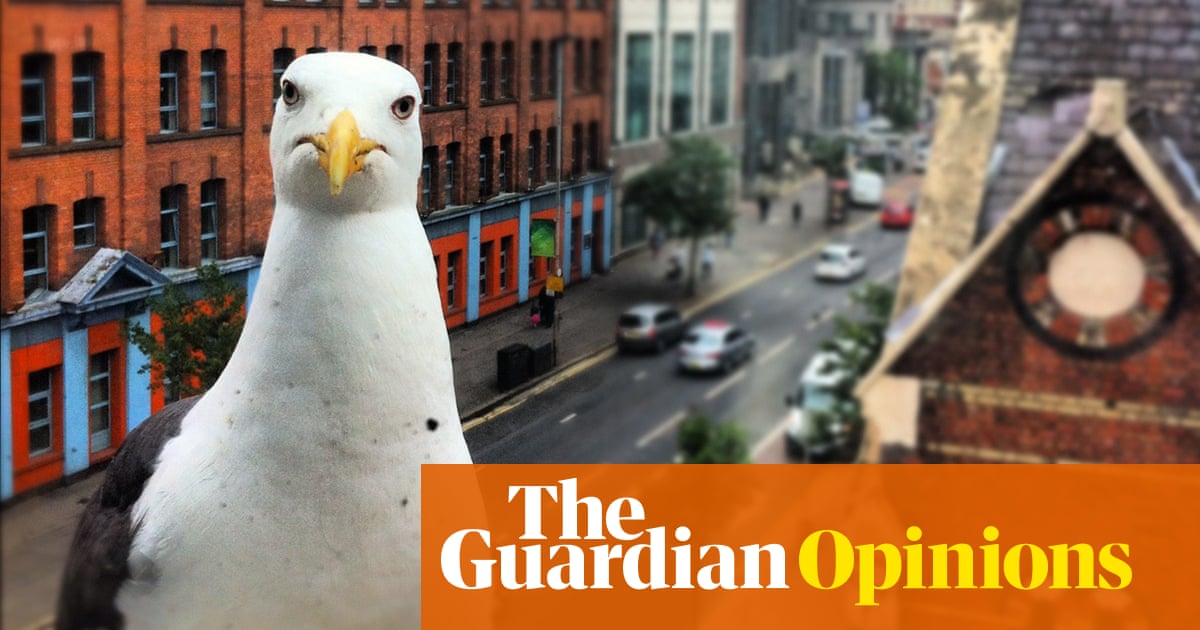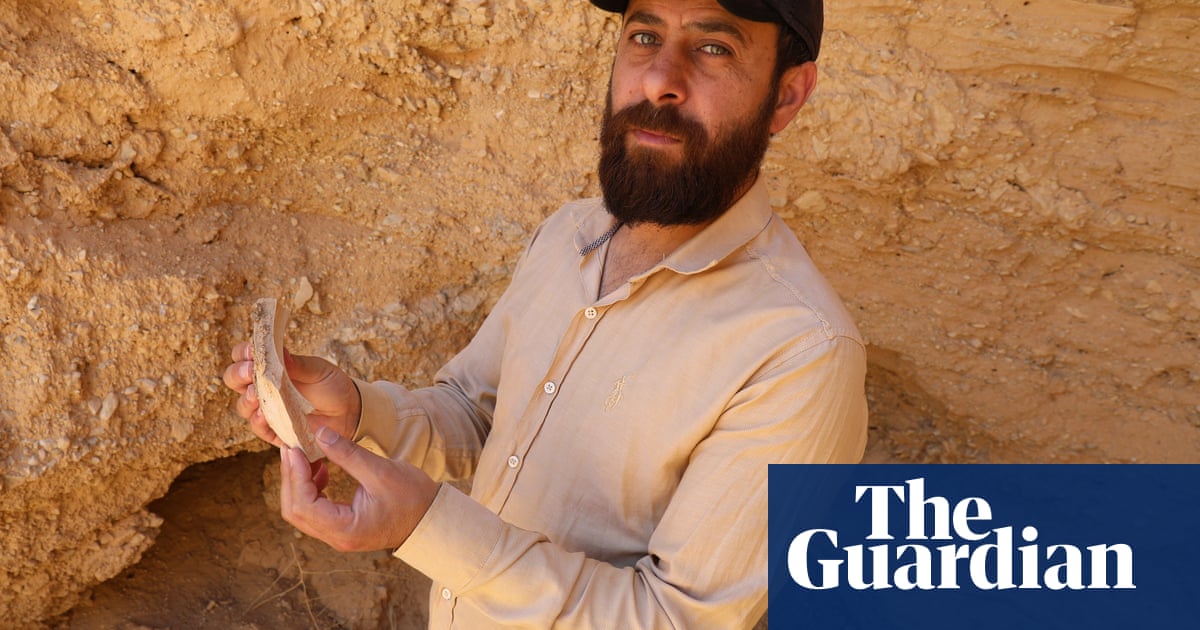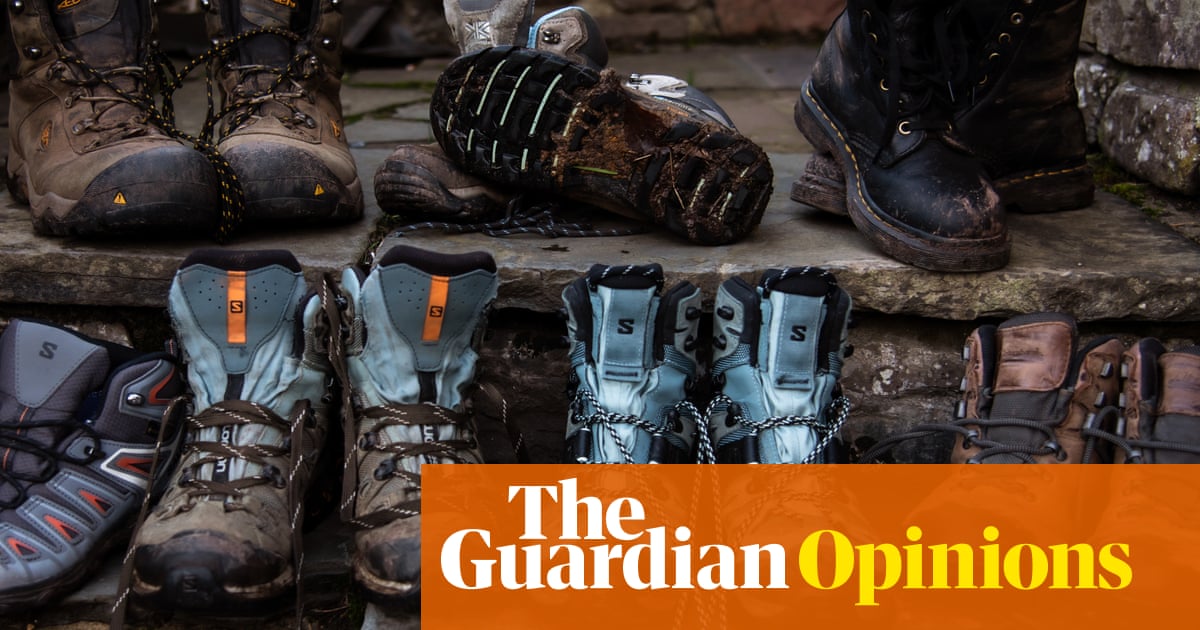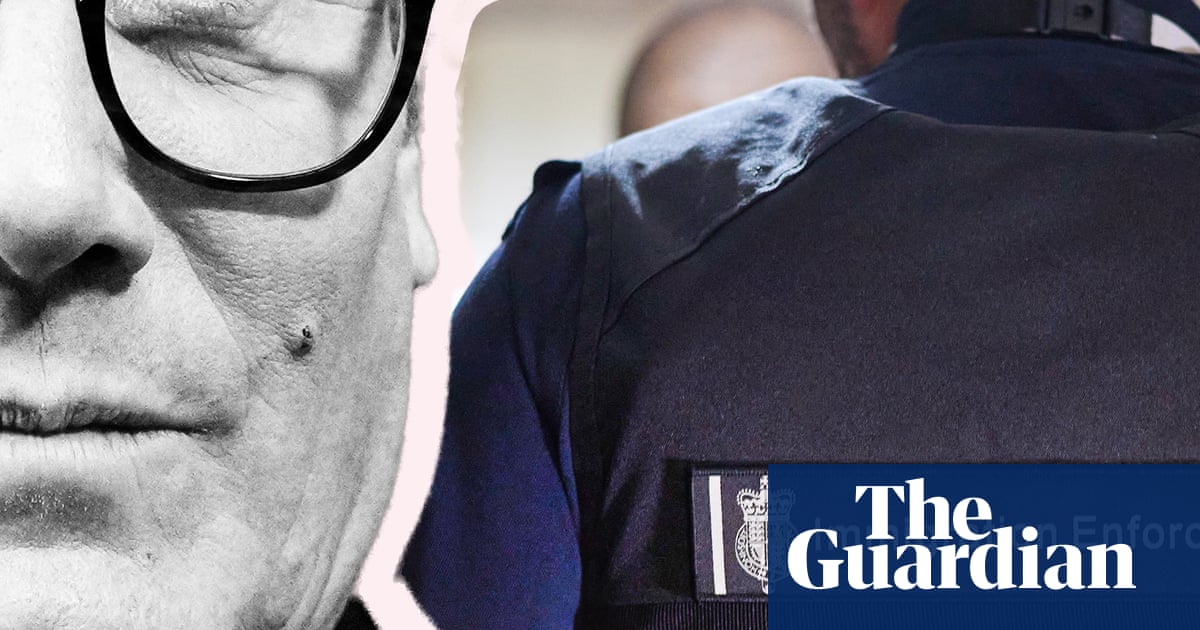In 2015, Mandisa Thomas faced a harrowing confrontation while tabling for Black Nonbelievers Inc, a non-profit organization dedicated to supporting and increasing visibility for Black atheists. The event, hosted by the Atheist Alliance of America, coincided with the Women of Color and Ministries Conference in the same hotel.
“There was one Black woman in particular who came up to our table,” Thomas recalls. “She became very belligerent, even though I was polite to her. She told me that she could not believe I had the nerve to identify as an atheist in front of white devils. She said I had a slave mentality and that she was going to bathe me in the blood of Jesus. She [said she] felt sorry for my mama and my kids. It was just absolutely mind-boggling.”
This confrontation highlighted a deeply rooted tension within the Black community, where religiosity has historically been intertwined with identity and resilience.
During slavery, faith provided both hope and a mechanism for survival, cementing religion as a cornerstone of Black culture. The church became a sanctuary, a source of education and a platform for activism most notably during the civil rights movement. Rejecting the concept of God is often perceived as a rejection of Black identity itself.
“For many, if you reject the concept of God altogether, then you’re trying to be something else other than Black,” Thomas said. “You are rejecting part of your Black identity.”
Yet, this longstanding association is evolving. According to the Pew Research Center, one in five Black Americans (21%) are religiously unaffiliated, with even higher numbers among younger generations—a phenomenon that is increasing by generation, according to the thinktank.
This shift signals a profound re-examination of identity, community and the role of religion in Black life. While the “nones” – a term used to describe those who identify as atheist, agnostic or “nothing in particular” – are growing across all racial demographics, their rise within the Black community is particularly significant given the historical prominence of religion.
In response to this shift, Black atheists have been working to create their own communities, often with a focus on untethering Black resources from religious institutions. Sikivu Hutchinson, founder of Black Skeptics Los Angeles, critiques the “religious and spiritual indoctrination” perpetuated by many faith-based institutions.

“Black women may have had traumatic experiences in these very faith-based institutions,” Hutchinson said. “They may have dealt with partners steeped in faith-based ideologies that subordinate Black women’s agency. Young Black girls are socialized to be caregivers, often to the exclusion of their own identities and ambitions. This creates trauma because many Christian traditions endorse and perpetuate sexist, misogynist and heteronormative gender roles, privileging cisgender men in positions of authority.”
Hutchinson also emphasizes how mainstream Black churches often fail to support the LGBTQ+ community, promoting homophobic and transphobic views that marginalize queer Black individuals.
“The lack of sustained programming for Black, queer and gender-expansive youth may contribute to homelessness, depression and suicidal ideation among Black LGBTQ+ youth,” she says.
By confronting these issues head-on, Black atheist organizations aim to foster more inclusive spaces where all members of the community feel seen and supported.
While Black atheists could join broader, predominantly white atheist organizations, they often find these spaces unwelcoming or irrelevant to their experiences. Candace Gorham, vice-president of the American Humanist Association, notes that non-Black organizations often prioritize topics like evolution or debating theism over issues central to Black communities, such as racism, mass incarceration or poverty.
“Predominantly Black events focus on the unique struggles Black atheists face,” Gorham explains. “They address challenges with family, friends and community, as well as broader issues like reproductive justice and mental health things that affect large percentages of Black Americans.”
This tailored focus helps Black atheists feel a sense of belonging that may be absent in predominantly white, secular spaces.
Despite their criticisms of the church, many Black atheists acknowledge its historical contributions, including its role in the civil rights movement, its fostering of education, and its creation of a strong sense of community. For those leaving religion, finding a similar sense of belonging is critical. Anthony Pinn, author of The Black Practice of Disbelief, argues that humanism – a philosophy centered on ethical living without religion – can provide that sense of community.
“People confuse theism with religion. All forms of theism are religion, but not all religion is theistic,” Pinn says. “Religion is simply an effort to make life meaningful by addressing the fundamental questions of existence. None of this requires belief in God.”
By framing humanism as a religion, he suggests, it can offer a familiar structure for organizing and meeting.
For many, leaving religion also involves navigating personal relationships. Gorham shares that while her family initially struggled with her atheism, they eventually grew to accept it.
“My friends and family have come to see that I’m no different – at my core – than the religious version of me from many years ago,” she says. For her, the only thing truly lost was gospel music: “Other than that, I feel that losing religion has only increased my ability to enjoy my life and loved ones.”
Gorham believes African American cultural traditions can thrive without religion. “Family reunions, marriages, anniversaries and funerals often include religious content, but they can be just as meaningful without it,” she says.
Many Black atheists are finding ways to celebrate their heritage and culture without relying on religious frameworks, demonstrating that faith is not the sole conduit for communal or cultural expression.
The rise of white Christian nationalism presents both challenges and opportunities for secular Black organizations. As Black Americans witness the failures of these movements to improve their lives, secular groups aim to fill the void, not necessarily by converting believers but by gaining visibility and advocating for marginalized communities.
“It’s going to be important for us to work together, especially with politically progressive and radical organizations across race, gender and sexuality,” Hutchinson said. “We need to continue calling out and mobilizing against the incoming administration’s white Christian nationalist and white supremacist agenda to roll back civil and human rights for vulnerable communities.”
This advocacy extends to addressing systemic issues often overlooked by mainstream atheist organizations. From combating environmental racism to addressing economic inequality, Black atheist groups are positioning themselves as vital players in the broader fight for social justice. Their work challenges stereotypes about atheists being disengaged or disconnected from community concerns, showing instead that secularism can be a powerful tool for change.
Ultimately, the growing visibility of Black atheists represents a broader shift in how identity and belief are understood within the Black community. By creating spaces where questioning faith is not equated with rejecting one’s culture, these organizations are helping to redefine what it means to be Black in America. For Thomas, Hutchinson, Gorham and others, this work is not just about disbelief but about building a future where all members of the Black community – religious or not – can thrive.

 3 months ago
53
3 months ago
53


